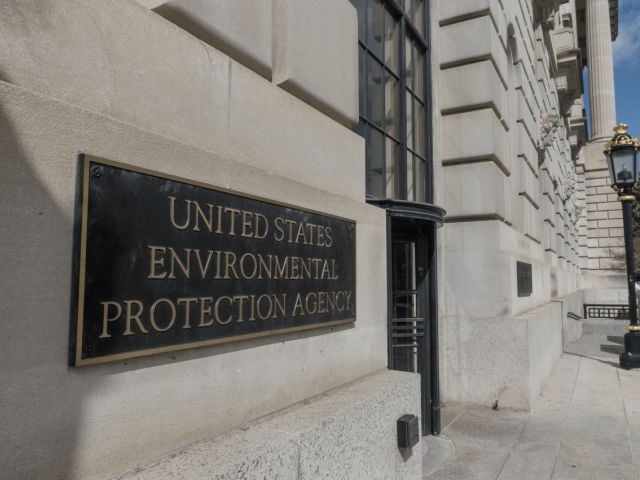
Lobbyists for the corn-ethanol and the “advanced” biofuels industry had a meeting yesterday (March 21) organized by the United States Department of Agriculture Office of Rural Development to “discuss opportunities to find common ground and synchronize biofuels industry policy,” according to a news report.
At the Environmental Working Group, we hope that an honest and focused discussion about reducing our dependence on fossil fuels took place. The Obama Administration ought to seize the opportunity to stand behind smart public policy that shuts down the spigot of taxpayer funds that have sustained this costly industry — costly for the environment, costly for taxpayers and costly for those in developing countries struggling to put food on the table for their families.
The administration must stop doling out 5.8 billion dollars a year to oil companies to blend ethanol with gasoline. But the facts show that ethanol is two-thirds less efficient than gasoline. In 2010, we burned 12.8 billion gallons of ethanol but only reduced our gasoline consumption by 8.7 billion gallons. We could have achieved the same degree of “security” at no cost to taxpayers by increasing average fuel efficiency by just 1.5 miles per gallon. Simply keeping our vehicle tires properly inflated would accomplish this.
Ethanol trade groups have agreed with some lawmakers to phase out the current 45 cents per gallon ethanol tax credit over a three year period. But EWG is calling on Congress to pass House and Senate legislation that would eliminate it right now. The combination of incentives to the ethanol industry and increasing demand for ethanol triggered by rising oil prices has contributed to increased demand for commodities and forced up food costs. This interactive food map highlights the hot spots in the emerging global food crisis.
“The misguided biofuels policy that promotes the use of food and feed grains for fuel distorts commodity markets and disproportionally and adversely affects developing countries,” said Sheila Karpf, EWG’s legislative and policy analyst. Read more about the real beneficiaries of ethanol.
EWG also asks that the USDA rejects any pressure from the ethanol industry, both corn-based and cellulosic, to increase federal support for ethanol pumps and pipelines and mandate production of flex-fuel vehicles. And the administration should resist any attempt to “define” corn-based ethanol as an “advanced” biofuel under the Renewable Fuels Standard. This change in legislative language would allow the industry to produce billions of additional gallons of corn ethanol above its mandate and squeeze any advanced biofuels that might appear out of the market.
The federal government needs to throw its resources behind incentives that will actually reduce damage from the use of fossil fuels and not harm our wildlife habitat, streams, air and soil.


